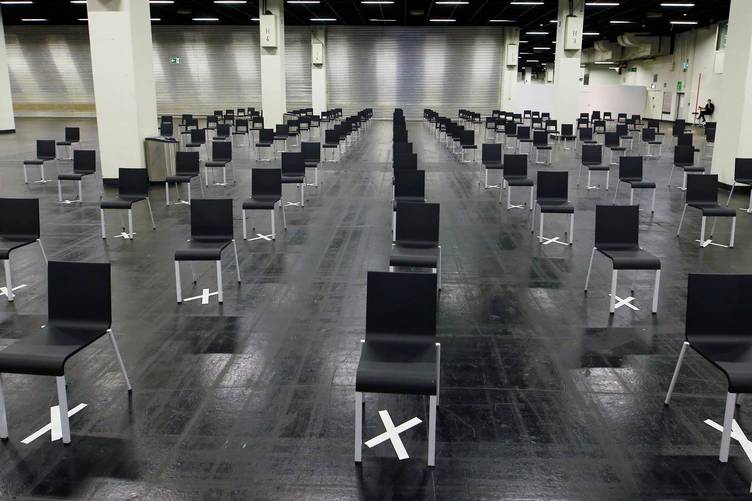The World Health Organization’s (WHO) director for Europe said Thursday that the COVID-19 situation in the continent has taken a step backward, with more people dying from the disease than at this time last year.
During a virtual briefing from his office in Copenhagen, Hans Kluge told reporters he is particularly concerned about central Europe, the Balkans and the Baltic states, where new cases, hospitalizations and deaths are now among the highest in the world.
Kluge said Europe is averaging more than 20,000 deaths from COVID-19 per week, with the overall death toll passing 900,000. He said there were more than 1.2 million new cases reported across Europe last week, the third consecutive week that infection numbers have increased.
Kluge said 46 countries in the region have administered more than 107 million doses of the coronavirus vaccine, with 3% of the population in 45 countries having received a completed vaccination series. He said while that represents progress, it is not enough to significantly slow the spread of the virus.
“Let there be no doubt about it, vaccination by itself — particularly given the varied uptake in countries — does not replace public health and social measures,” Kluge said.
He said 21 European nations are gradually easing COVID-19-related restrictions based on the assumption that increasing vaccinations would immediately lead to an improved epidemiological situation. Kluge added, “Such assumptions are too early to make.”
Kluge also weighed in on the AstraZeneca vaccine controversy, in which several countries have suspended its use after reports of patients developing blood clots. He reiterated a statement from WHO officials Wednesday saying the benefits of the vaccine far outweigh its risks, and it should be used.
Europe’s drug regulator, the European Medicines Agency, though it issued a similar recommendation earlier this week, is expected to announce the results of a review of the vaccine and the blood clot cases later Thursday.
(VOA)

